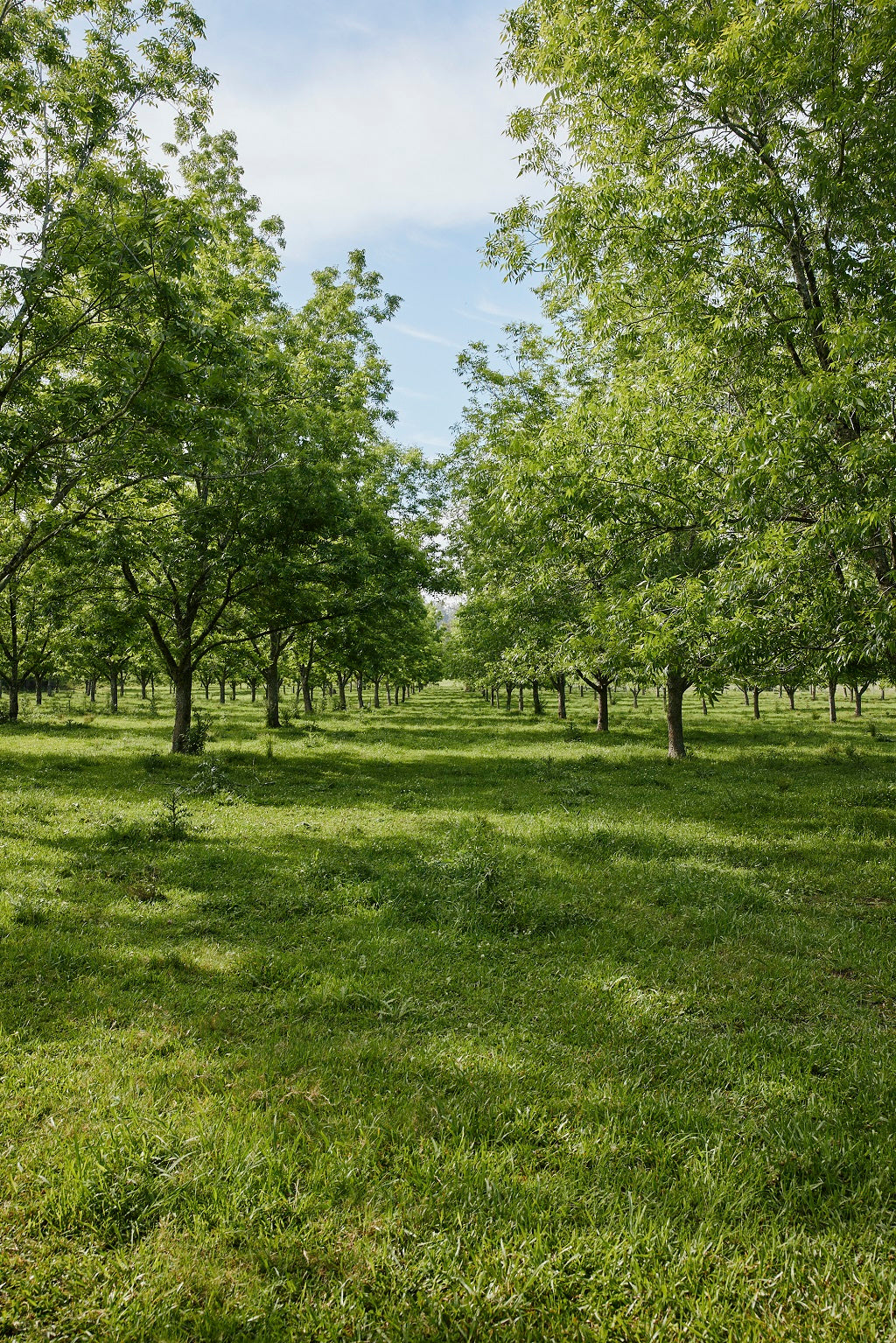
OUR PRACTICES
Everything starts from the soil
Our farm practice isn't a monoculture. We integrate different species and methods throughout to cultivate a more sustainable environment. Rather than farming intensively, our output is seasonal, meaning we rely on natural rainfall and predictable weather conditions. If we don't have water, our yield suffers.
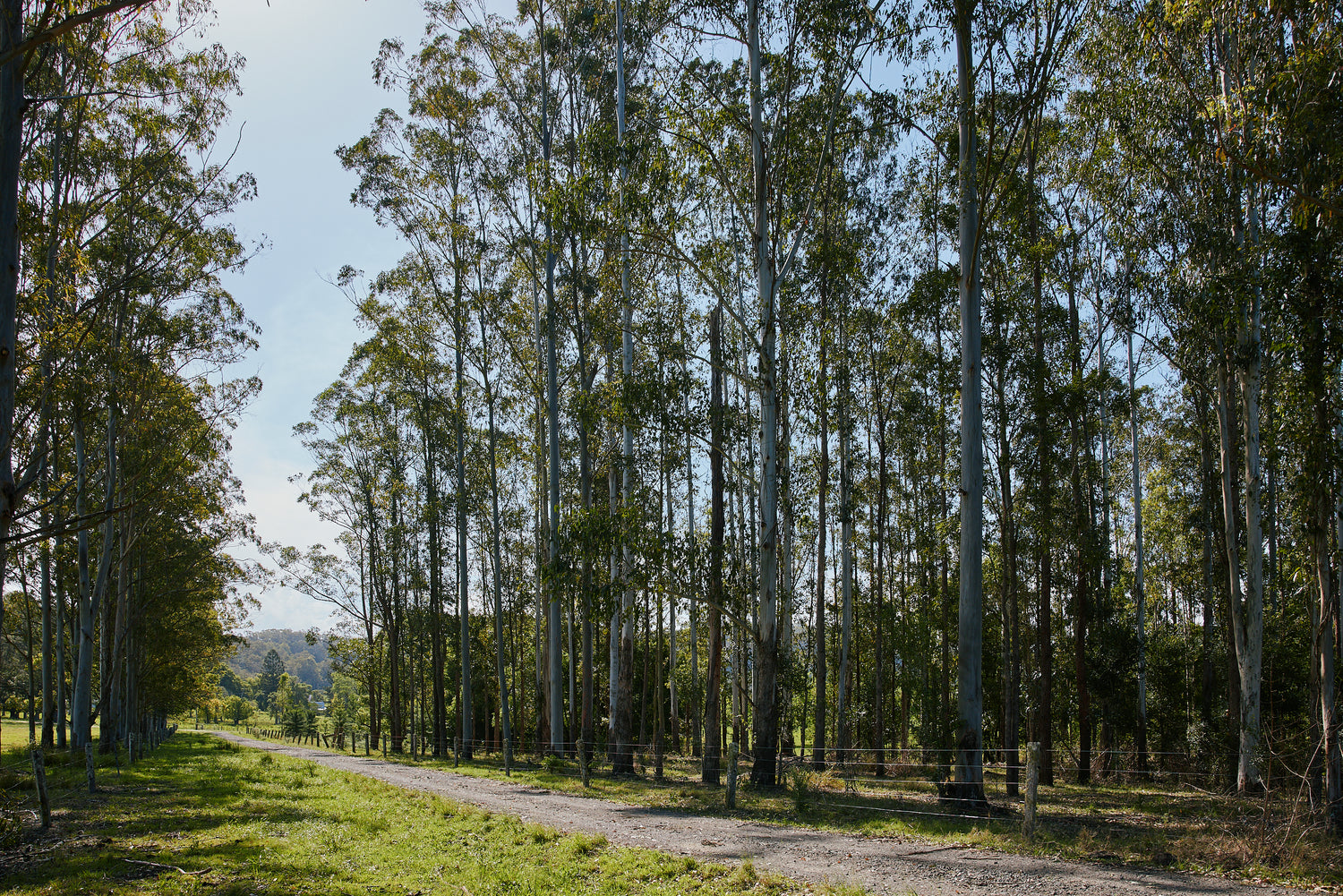
Working with the wildlife
From the creek at the start of the property all the way to the bush, we’ve invested time and money planting lots of trees and wildlife corridors to improve farm forestry. This provides habitat for native wildlife, shelter from the elements for our animals, and has the benefit of acting as a windbreaker for the pecan trees.
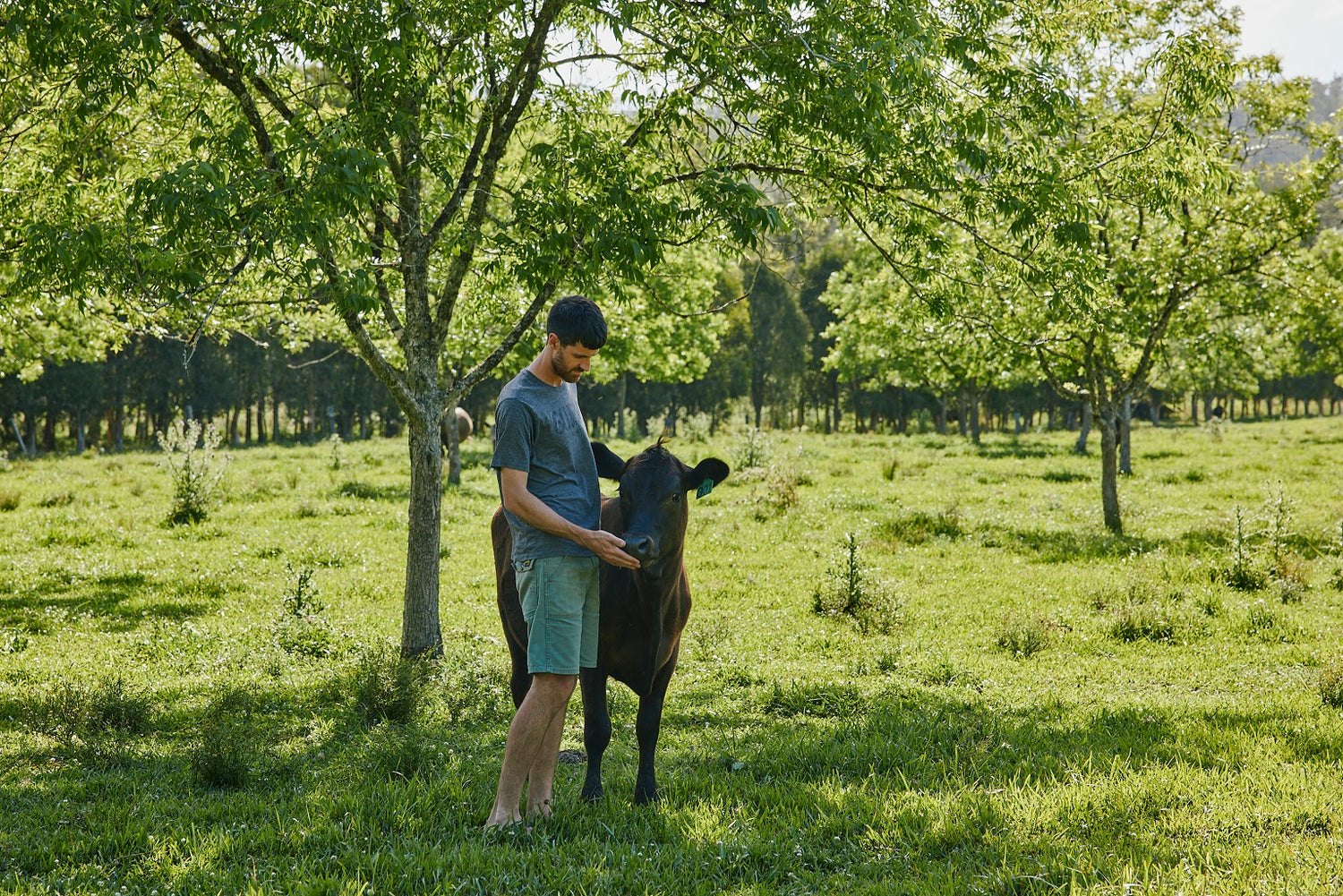
Grazing till the cows come home
One of the attractions of growing pecans is that they integrate well with a rotational grazing system. We have a small herd of cattle we rotate through the orchards to enhance soil biodiversity and nutrient cycling. Rotational grazing improves soil health, increases water retention, ensures paddocks are more resilient to climate variability, provides a happy life for the livestock, and aiding in a more nutrient-dense crop.
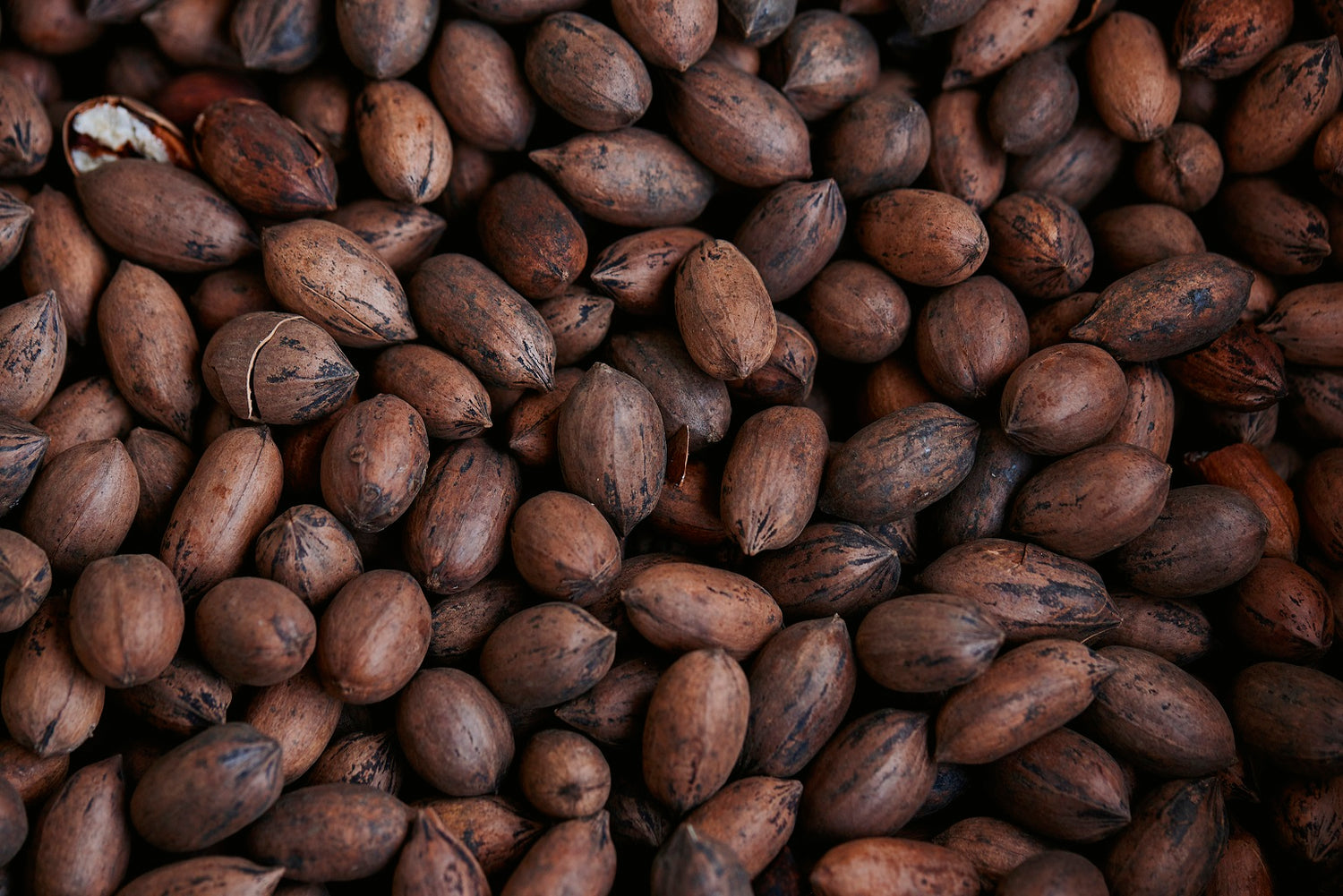
PECANS
We harvest, process, roast, and pack every product on site. This keeps food mileage to a minimum, maintains quality control over the product, and keeps us connected to our crops we so lovingly grow. From soil to stall, we’re with our pecans every step of the way.
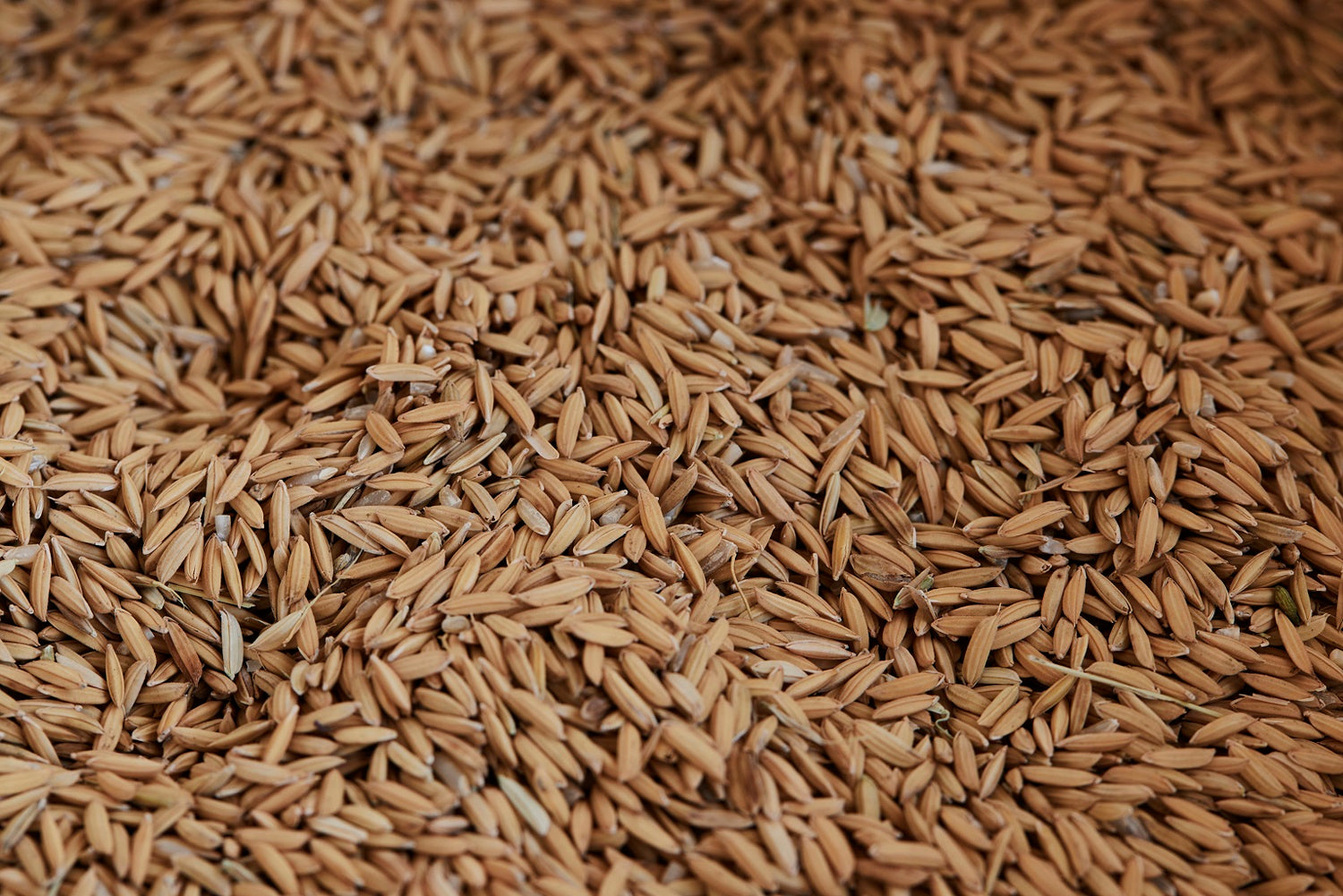
RICE
Our rice is grown in rain-fed fields, rather than rice paddies, and is prepared and seeded similarly to wheat making it a hardy, durable crop provided the right circumstances present themselves. The drought conditions throughout the recent years have impacted production and seen a decrease in our offering, but when the rainfall is high so is our output (and our spirits!). Kyema, a long-grain jasmine variety, and Tachiminori a medium grain rice is what we grow here at Marlivale.
